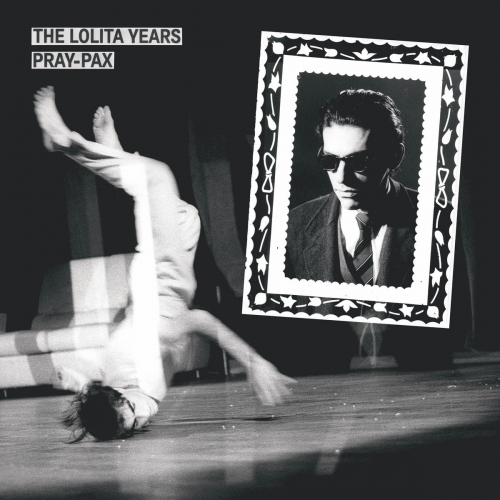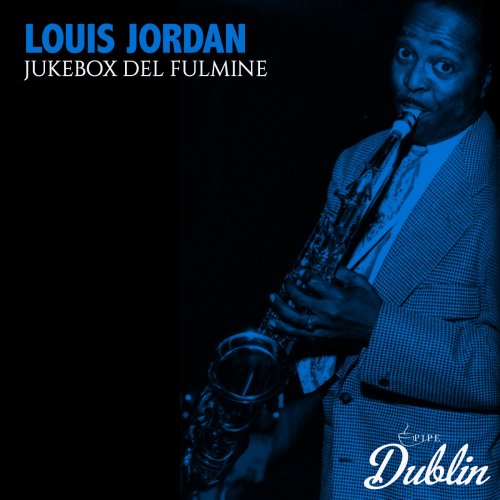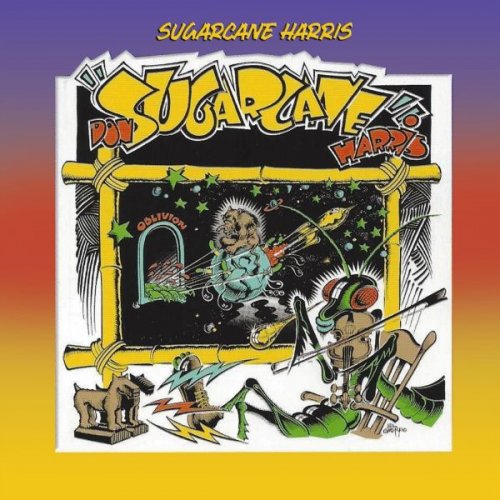VA - Rough Guide To the Blues Songsters (2015)
Artist: VA
Title Of Album: Rough Guide To the Blues Songsters
Year Of Release: 2015
Label: Rough Guides/World Music Network
Genre: Blues, Folk
Quality: 320 / FLAC
Total Time: 71:23 min
Total Size: 165 / 252 MB
WebSite:
Tracklist:
1. Luke Jordan – Pick Poor Robin Clean (3:11)
2. Henry Thomas – Don't Leave Me Here (3:24)
3. Jim Jackson – What a Time (Take 1) (3:20)
4. Daddy Stovepipe & Mississippi Sarah – The Spasm (2:49)
5. Papa Charlie Jackson – Your Baby Ain't Sweet Like Mine (2:51)
6. Mississippi John Hurt – Frankie (3:19)
7. Pink Anderson & Simmie Dooley – Every Day In the Week Blues (2:51)
8. Frank Stokes – How Long (3:14)
9. Furry Lewis – John Henry (The Steel Driving Man), Pt. 1 (2:51)
10. Lonnie Coleman – Old Rock Island Blues (3:12)
11. Dick Justice – Cocaine (3:09)
12. Charley Patton – Mississippi Boweavil Blues (3:04)
13. Frank Hutchison – Stackalee (3:02)
14. Hambone Willie Newbern – Nobody Knows (What the Good Deacon Does) (3:05)
15. Stovepipe No. 1 & David Crockett – A Chicken Can Waltz the Gravy Around (3:04)
16. Louie Laskey – How You Want Your Rollin' Done (2:45)
17. Leadbelly – Midnight Special (2:02)
18. "Long Cleve" Reed & Little Harvey Hull – Hey! Lawdy Mama - The France Blues (2:58)
19. Will Bennett – Railroad Bill (2:56)
20. Blind Blake – Come On Boys Let's Do That Messin' Around (2:44)
21. Richard "Rabbit" Brown – James Alley Blues (3:05)
22. Cannon's Jug Stompers – Going To Germany (2:29)
23. Peg Leg Howell – Coal Man Blues (3:03)
24. Tommie Bradley – Nobody's Business If I Do (2:55)
Before there was the bluesman there was the songster and it was these travelling troubadours who helped lay the foundations for the development of the blues. In the decades preceding the phonograph and radio and before the American national entertainment industry had reached into the deepest parts of the South, it was these wandering musicians who provided the musical entertainment for all manner of social events. In order to be able to scrape a living together the songster had to be incredibly versatile and come up with something for everyone. Armed with a banjo or guitar they performed every form of popular music of the day from folk songs and ballads to rags and spirituals. Priding themselves on their huge repertoires, they could be described as the human jukeboxes of their time. Along with the many musicians shrouded in mystery, this collection boasts tracks by legendary bluesmen such as Leadbelly, Charley Patton and Mississippi John Hurt. Aside from the blues these great performers would have been able to play everything asked of them at local bars and rural dances, and it is said that Leadbelly could draw on a repertoire of over 500 songs from many different genres. Likewise, the ‘Father of the Delta Blues’, Charley Patton left glimpses into his songster roots and true musical versatility with songs such as the featured ‘Mississippi Boweavil Blues’. Henry Thomas’s projected birthdate of 1874 predates that of Charley Patton by a good 17 years and gives us an idea of what rural black music sounded like before the turn of the twentieth century. He was 53 years old during his first recording session in 1927 by which point much of his music was already a representation of a bygone era. The same could be said of Richard ‘Rabbit’ Brown from New Orleans who worked as a ferryman on lake Pontchartrain and whose recorded legacy of just five songs includes ‘James Alley Blues’ which has been covered by Bob Dylan. Also from New Orleans, Papa Charlie Jackson accompanied himself with a banjo guitar and became one of the first songsters to record from the mid-1920s. His unique brand of hokum, used comic, often sexually suggestive lyrics and lively, danceable rhythms. This selection features several variations on traditional ballads about legendary characters such as Frankie and Johnny, Stagger Lee, John Henry and Railroad Bill. These became standards in the repertoires of songsters, both black and white, who shared a similar colour-blindness when it came to the racial origins of a tune. Frank Hutchison and Dick Justice were both white performers whose styles were heavily influenced by black musicians, in particular Luke Jordan whose featured track ‘Pick Poor Robin Clean’ is a gambling song masterpiece. Like Jordan, many other well-known East Coast songsters such as Blind Blake, Pink Anderson and Peg Leg Howell worked with travelling shows, which became a major factor in the spreading of the blues. Many of these shows were operated by vendors of patent medicines who would attract crowds by putting on a performance. As these shows began to disappear and recorded music and dancing in duke joints became popular, so the older songster style became less fashionable. Apart from the few waxed recordings which leave a tempting glance into a world before the blues, many of the featured artists faded into obscurity, as the songsters were overtaken by blues singers whose music was heavily promoted by record companies. Those songsters who were able to embrace this new music such as Charley Patton and Leadbelly became seminal figures and the rest is history.
or
or

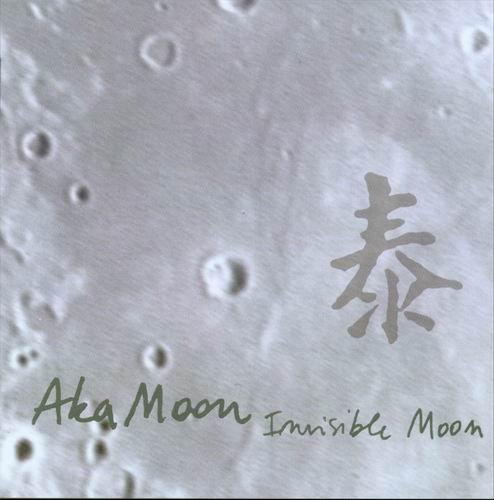
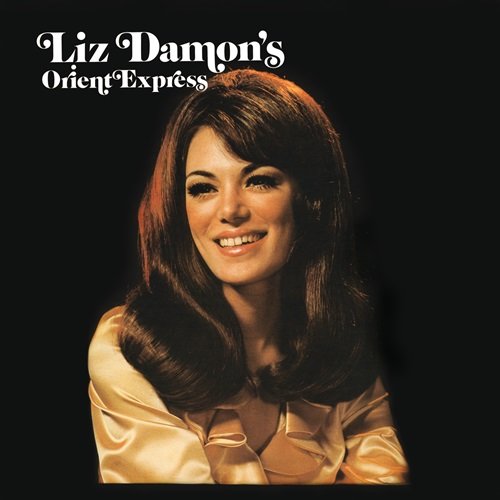

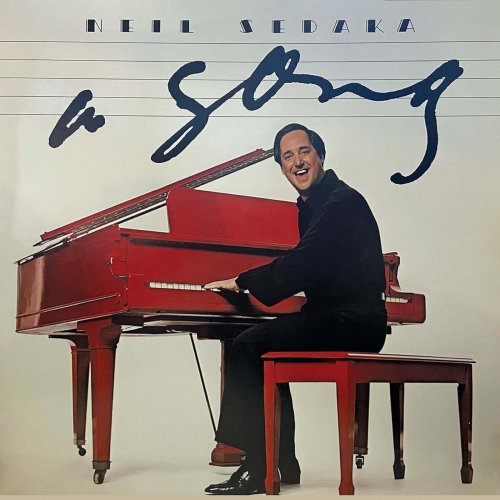
![Minoru Mukaiya - The Games -East Meets West 2018- (2018) [Hi-Res] Minoru Mukaiya - The Games -East Meets West 2018- (2018) [Hi-Res]](https://www.dibpic.com/uploads/posts/2025-10/1761648205_cover.jpg)
